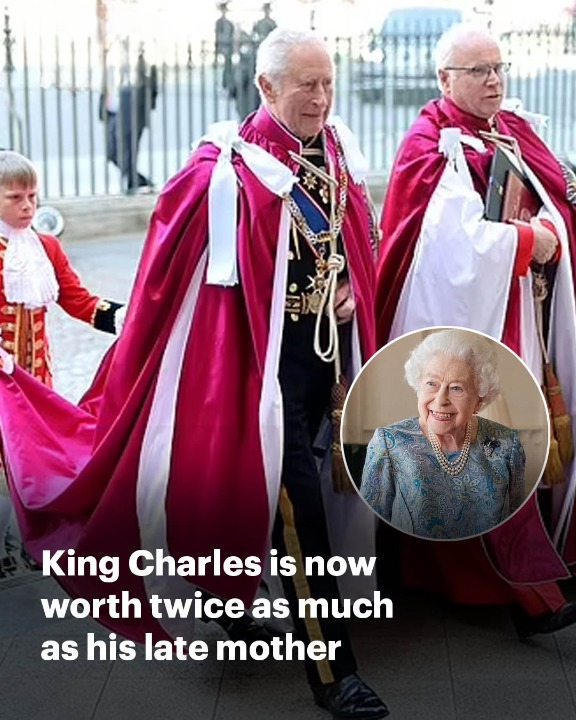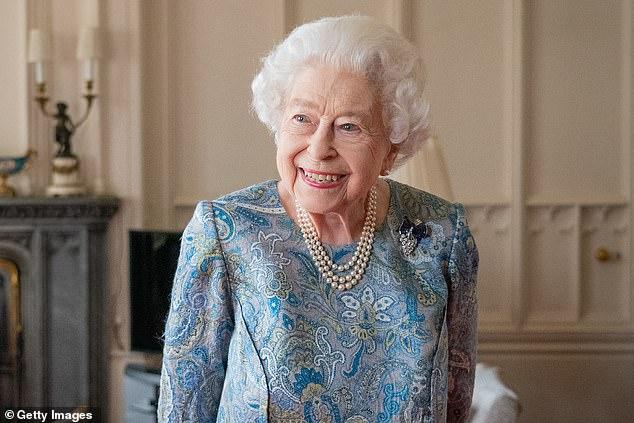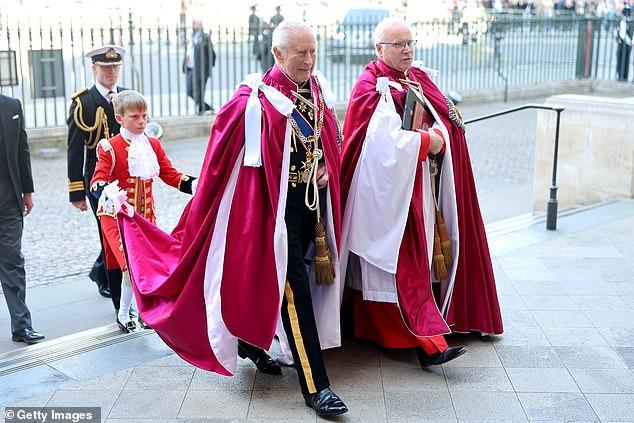King Charles III’s personal wealth has now reportedly soared to more than twice that of his late mother, Queen Elizabeth II. Despite the dramatic rise, the British monarch still falls short of making it onto the prestigious Sunday Times Rich List Top 200, underlining just how concentrated the UK’s ultra-wealthy elite has become.

According to new estimates published by The Sunday Times, King Charles’s fortune is now valued at approximately £610 million, a significant leap from the estimated £370 million that Queen Elizabeth had at the time of her passing in 2022. This wealth figure is based on detailed analysis of Charles’s personal assets, including property, investments, art, and inheritance—but does not include the Crown Estate or Duchy of Lancaster, which are held in trust and not considered private property.
The sharp increase in wealth is largely attributed to Charles’s strategic financial management, including a series of savvy investments and his careful handling of royal estates. He also directly benefited from a substantial inheritance from his mother—reportedly tax-free under a legal exemption granted to the monarchy—along with revenue from the Duchy of Cornwall, which he managed for more than 50 years before becoming king.
While the King’s £610 million fortune places him far ahead of most Britons, it is still not enough to secure a position among the UK’s 200 wealthiest individuals. The current threshold for entry into that elite club stands at just over £700 million—highlighting the vast fortunes accumulated by billionaires and business tycoons, many of whom operate in industries such as technology, finance, property, and international trade.
Still, the King’s financial standing marks a significant transformation of royal wealth management. His private estate includes the Sandringham estate in Norfolk, Balmoral Castle in Scotland, a collection of valuable artworks and antiques, and multiple high-end cars and jewelry pieces. Additionally, Charles has been praised by financial observers for his efficiency in growing the Duchy of Cornwall’s annual income during his tenure as Prince of Wales—reportedly increasing its profits from £6 million in the 1990s to over £20 million in recent years.

“Charles is a modernizer, but he’s also a traditionalist when it comes to financial stewardship,” said a royal commentator. “He took the role of Duke of Cornwall very seriously and used his time to create a well-run, highly profitable estate.”
It’s worth noting that the monarchy also benefits from the Sovereign Grant—a taxpayer-funded annual payment intended to support the official duties of the Royal Family. However, this grant is separate from Charles’s personal wealth and is used primarily to fund staff salaries, travel, and maintenance of royal residences like Buckingham Palace and Windsor Castle.
Public opinion on royal wealth remains divided. Some view the monarchy’s fortune as a symbol of British heritage and stability, while others argue that such concentrations of wealth are out of touch with the economic hardships faced by ordinary citizens. The optics of Charles’s growing personal wealth come at a sensitive time, as the UK continues to wrestle with cost-of-living challenges, inflation, and a housing crisis.
Critics also point out that Charles was able to inherit his mother’s wealth without paying the standard 40% inheritance tax due to a 1993 agreement between the government and the royal family, designed to preserve the continuity of the monarchy. “Most families in Britain don’t have the luxury of passing on wealth tax-free,” said one critic. “It raises real questions about fairness and privilege.”

Supporters of the monarchy, however, argue that King Charles’s private fortune is largely self-made, pointing to his long-term dedication to conservation, organic farming, and urban regeneration through ventures like the Poundbury development in Dorset. His financial portfolio, they say, is the result of decades of careful planning and public service—not just inherited privilege.
As the monarchy continues to evolve under Charles’s reign, discussions about royal wealth, transparency, and public funding are likely to intensify. For now, the King stands as one of the wealthiest individuals in Britain’s public eye—but still remains just shy of joining the ranks of the UK’s financial elite. Whether or not he will climb higher in the years to come may depend not just on markets and management, but also on the future of the monarchy itself.




